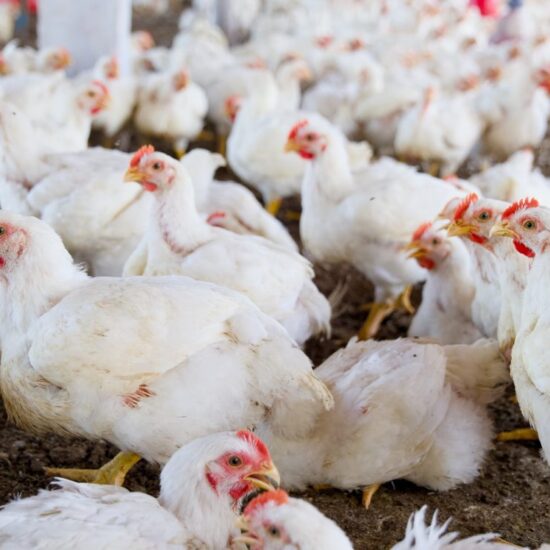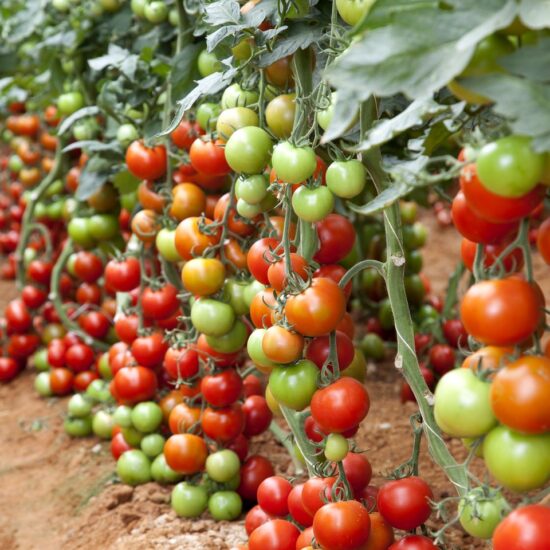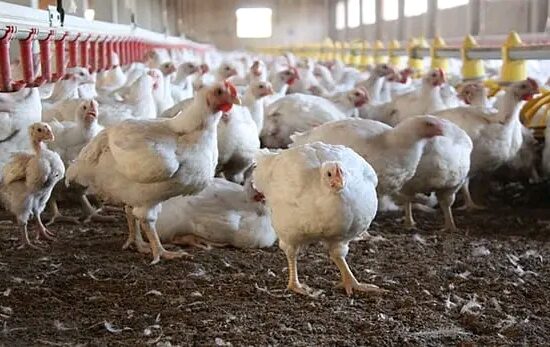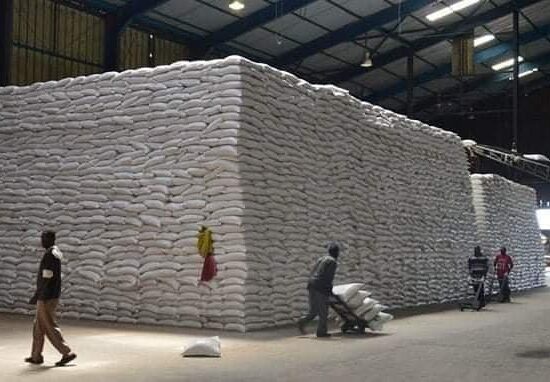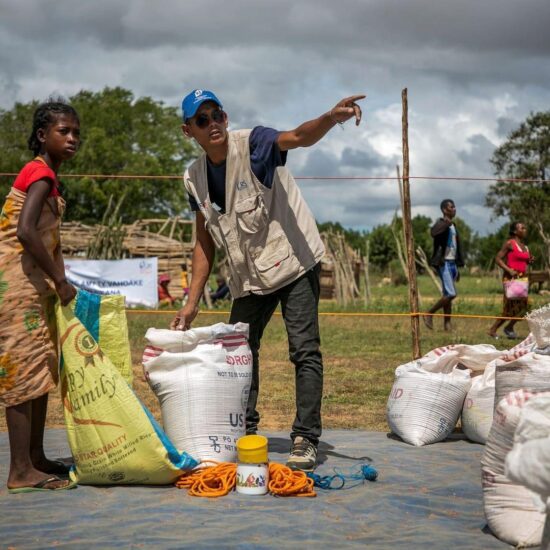Southern Africa Cross Border Traders Association-SACBTA says there is need for enough stakeholder consultations on the maize and mealie meal crisis in the country as there is a fear that Zambians would not afford the imported mealie meal and maize from South Africa as the commodity would be fetching beyond what is currently on the ground.
Other experts have hinted that the landing cost for imported mealie meal would be about over 50 percent higher than the home grown mealie meal as per 25 kilograms would cost about k340 within 21 days.
SACBTA Secretary General Jacob Makambwe said in an event where the private sector have enough capacity to get the country enough grain and can actually supply the mealie meal, government should give opportunity to the private sector to source for the maize and put it into production.
He said there is need for enough stakeholders consultations involved in making this particular thing work properly for the benefits of the Zambians as it might not be seen well to import when the private sector have the capacity to bridge this particular gap at the moment.
Zambian government has opted to import maize meal from South Africa in an effort aimed at countering the high cost of the staple diet and halting the food crisis in the country.
Makambwe questioned if the country has assessed the local capacity in terms of trying to address the challenges and also engaged enough stakeholders to ascertain this particular situation the country. for we believe that these particular issues are only going to be addressed when we get responses from enough stakeholders and if we have done enough engagements with the local capacities and the people that can do this to make mealie meal for the country?
Off course there are two aspects into this particular situation food security point of view where it is an emergence where there must be cushioning of the food in the security but have we also done an assessment if the mealie meal shortage is actually across the country? Have we also done enough assessments to see how much Food Reserve agency is still holding in terms of maize or if there is totally nothing that FRA is holding currently then why should we import finished products from other country to supplement what we don’t have?
This could also be an opportunity for the private sector engagement into businesses around supplying the commodity and actually get the row material to come and make the mealie meal and government’s role should be to regulate the entire process.
It does not make economic sense to export and later on import that’s why we are saying in the first place we could have looked at how to involve the private sector in buying of enough maize we were not going to have this maize shortage but now the private sector always export row maize.
Private sector plays a pivotal role in making sure that the supply and demands of goods and services are made available.
Mind you that we are getting this particular supply from South Africa and predominantly South Africa has genetically modified organism foods GMOs that we rejected some years back and now that we are going back and in terms of bio safety measures have we consulted enough that Zambians are going to take GMOs in terms of maize and even its adverse impact that it can actually have on their healthy over time if they are going to allow it?
It is some kind of where the government really need to introspect and bring in enough stakeholders to talk about these issues so that the country do not land itself in to a situation where certain business people take advantage because government said it will allow importation of maize.
There is also the issue of government going to assess quality and where exactly this maize meal is going to be coming from mind you that there are procedures and processes that government needs to put in place and ensure that compliance in terms of requirements SPSS and the content of this mealie meal that is going to come should also be determined around.
If the cost of processing mealie in South Africa it will be on the higher side because of these economic impact that we have and the private sector which is affected in South Africa, there is a fear that we could actually have this particular commodity fetching beyond what Zambians can afford.



